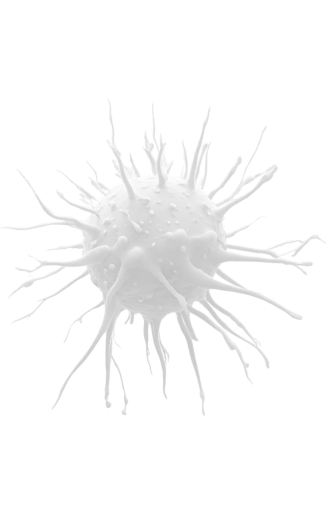Infectious Diseases
The Disease
Infectious diseases are illnesses caused by pathogens such as bacteria, viruses, fungi, and parasites, which can spread directly or indirectly between individuals. The absence of approved therapeutics and vaccines for treating and preventing infectious diseases has resulted in a global health crisis. There is an urgent need to develop and evaluate potential new therapies for viral and bacterial infections, as well as to establish a robust pipeline of anti-infective drugs.
Moreover, it is well known that patients treated with biologics targeting cytokines critically involved in the regulation of inflammation, autoimmunity and infection, such as TNF, IL23 and others, have increased susceptibility to bacterial infections, including tuberculosis, listeriosis etc. Therefore, investigation of the effect of such treatments on host defense against L. monocytogenes infection is of great importance in assessing the side effects caused by the extent of blockade of the cytokines by the various treatments.
Evaluation Platforms
Mice can be treated either prophylactically -at disease onset- or therapeutically –at established pathology- with protocols standardized for the evaluation of a variety of therapeutics. Disease progress and severity are assessed regularly using validated readouts with standardized procedures.
Read-Out Parameters
 Clinical observations
Clinical observations
 Survival
Survival
 Cytokine serum levels
Cytokine serum levels
 Histopathological evaluation of organ tissue sections
Histopathological evaluation of organ tissue sections
Competitive Advantage
Susceptibility to bacterial infections is an important safety factor for cytokine blocking treatments and should be systematically assessed. Due to the use of infectious material (L. Monocytogenes, Staphylococcus aureus) the experiments are performed in a BioSafety Level 2 facility according to the relevant safety rules and regulations.





